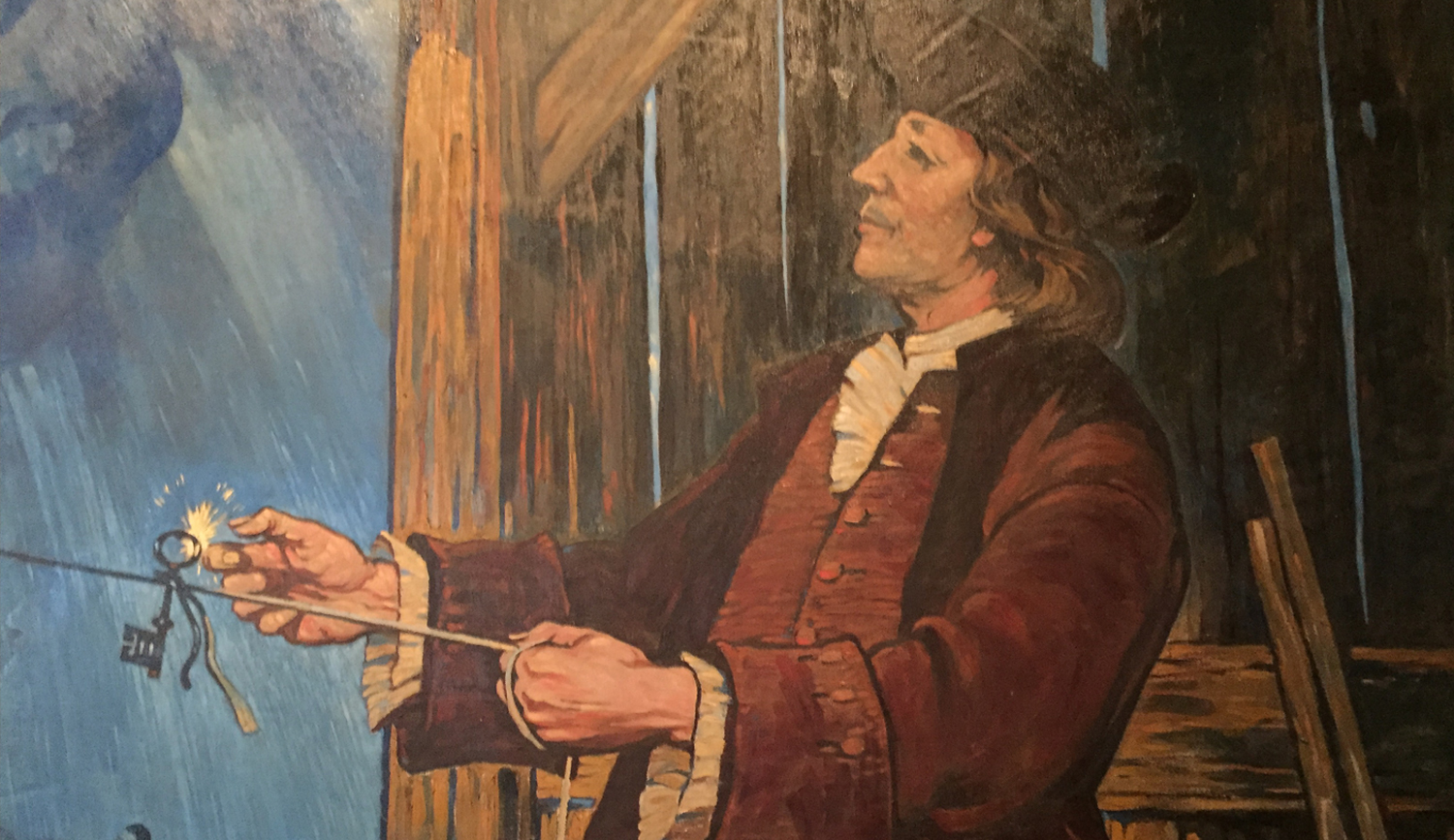He who wins the race to the bottom loses. In the St. Louis Post-Dispatch’s race to cut costs—and the newspaper’s size and breadth—the Post, its dwindling readership, and the St. Louis area lose.
The Post-Dispatch’s Sunday issue has eroded to a modicum compared to when the Sunday paper was a three-inch slab of print. Back in the day, paperboys ‘stuffed’ the classified ads into the fresh print news delivered by the Post’s yellow lorries and loaded them into wooden carts with steel wheels for home delivery or hawked them at street corners.
The classified ads ran the gambit for anyone searching for cars, boats, homes, apartments, or jobs. Classified ad revenues provided print journalism with a financial backbone. But the internet siphoned the classified ads (and Yellow Pages ads, too) to a more efficient, cost-effective means of commercial advertisements. The internet proved a societal boon and bane. As Henry David Thoreau wrote: “you never gain something but that you lose something.”
The erosion of the classified’s revenues led to a diminution of general interest stories, which reduced the number of readers, a situation worsened by an ebb in attention span as eyes found focus on social media. The downward cycle continued. Fewer readers meant both fewer subscriptions and a corresponding decline in fees generated by advertisements found in the paper’s internal pages.
Clare Malone’s article in the New Yorker—Is the Media Prepared for an Extinction-Level Event?—begged the question in its subtitle: “Ads are scarce, search and social traffic is dying, and readers are burned out. The future will require fundamentally rethinking the press’s relationship to its audience.”
Indeed. Cost-cutting proved successful, but tested readers’ devotion. Instead of offering less, editors might instead circle back for something more than essential news reporting.
In his William Randolph Hearst biography, The Chief, David Nasaw described strategies employed by Hearst to increase readership of the New York Journal. Hearst recognized that readers sought stories of interest, not just ‘news’, so he increased the breadth of the Sunday paper.
“The Sundays were newspapers in name only. The first few pages looked much like the dailies, but from there on, the Sundays were a genre unto themselves, with separate staffs,….and more than a few items that would have been out of place in any other sort of publication.” Examples included stories on dinosaurs, extraterrestrial and medical cures; celebrity personalities; essays; and family features.
In short, offer more rather than less, especially with the Sunday paper. In addition, the internet—which siphoned large portions of print media’s revenue streams—provides a less costly means of increasing readership by an expanded ‘e-version’ of the newspaper. For example, Little Rock’s Arkansas Democrat-Gazetter e-version offers articles of general interest.
Preaching to the news reading choir, but a free press—and the cost to publish newspapers are not free—remains essential to freedom and combating corruption. How would we learn about the St. Louis Public School District’s wasteful spending, or questionable grants of money to non-existent businesses without our newspaper’s investigative reporting? Social media has neither the obligation nor the resources to investigate and fact check news stories.
President Trump declared that the media is the enemy of the people but called it backwards. The loss of newspaper reporting serves as an ally for those who prefer an uninformed populace. Perhaps Lee Enterprises that controls the Post’s purse not simply cut costs, but also provide readers reason to subscribe by offering a more varied format. The dedicated journalist remaining in the newsroom who steer the ship of state away from the shoals of ignorance require support, and so do their readers.

3 replies on “A Plea to Lee Enterprises”
Nice article Lou, from in my book is someone who belongs in the Hall of Fame of paper boys from the St. Louis area. I have many found memories stuffing those Post & Globe papers on Saturday night with you, my brothers & other friends who we grew up with from Little Flower & loading them in the wooden carts. I can hear us now yelling loudly “Post & Globe Papers “. Maybe the Post staff might read your article & decide to hire you for a special weekly addition to the Post! Your articles would be a wonderful addition! Keep of the good work!
What a great article, cutting costs does increase the spiral of losing readership due to lack of content.
The Arkansas Gazette took a novel approach years ago that is working, they gave all subscribers an iPad for an online paper with a printed paper on Sundays.
Indeed, the newspaper does seem to be dying slowly. I don’t even get the paper until 11am and the content is minimal as you stated. I feel a civic obligation though to subscribe because journalism critical to an informed society.